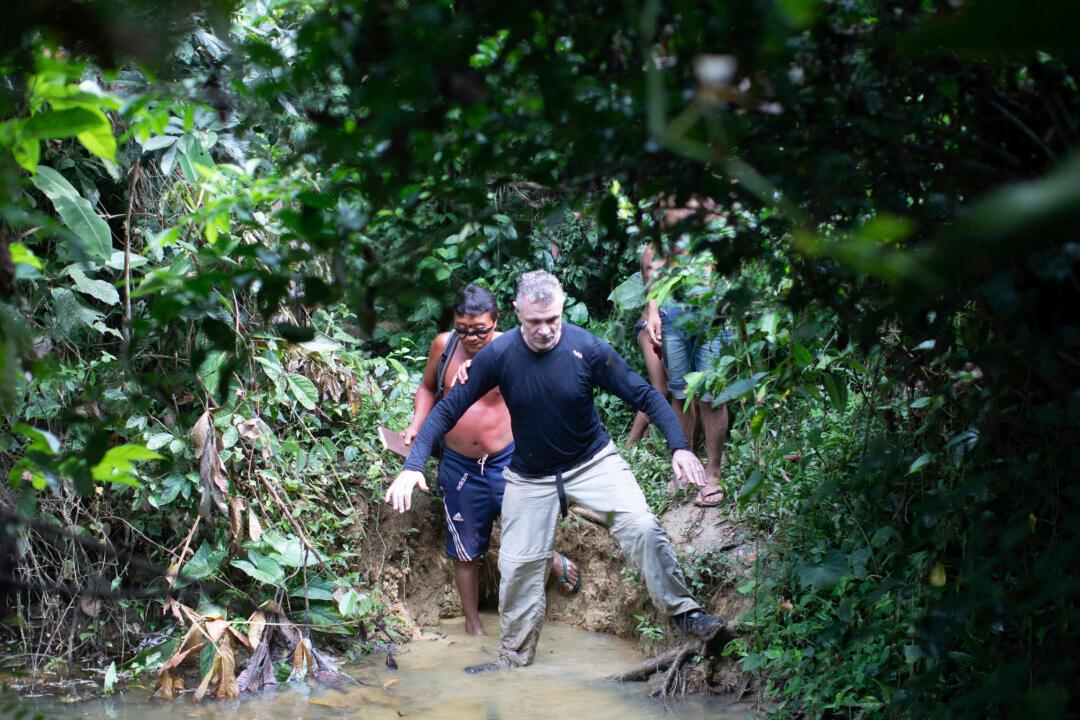ATALAIA DO NORTE, Brazil—Brazilian authorities began using helicopters to search a remote area of the Amazon rainforest for a British journalist and Indigenous official missing for more than three days.
Civil police in Amazonas state also said Wednesday they had identified a suspect, who was arrested for allegedly carrying a firearm without a permit, which is common practice in the region. But Gen. Carlos Alberto Mansur, the state’s public security secretary, said later that officials did not have any concrete evidence to tie the man to the disappearances.





